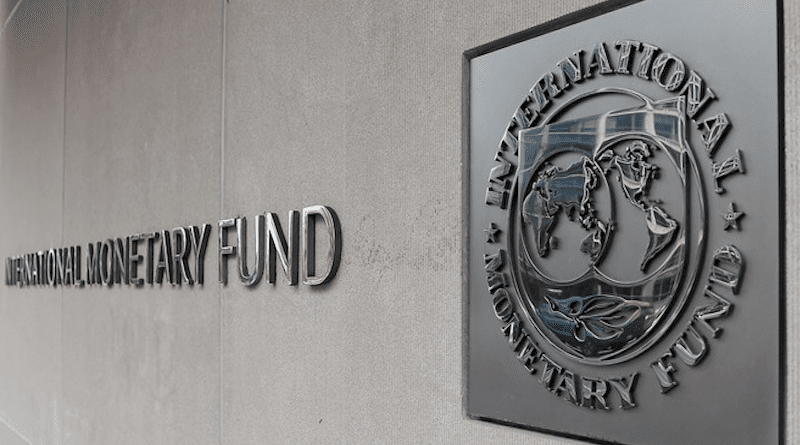Pakistan Likely To Sink Deeper Into Debt Trap – OpEd
Despite remaining under International Monetary Fund (IMF) surveillance for decades, the successive governments in Pakistan have failed in undertaking ‘structural adjustment programs’ that could allow the country to live without entering into one after another bailout packages.
The most regrettable point is that the lender of last resort has not come up, at its own or facilitated Pakistan, in coming up with any ‘home grown plan’. Every time the country is told to undertake a slew of measures that include revising its budget (curtailing developmental expenditures and subsidies), hike in interest rate, and increases in electricity and natural gas tariffs.
Neither the IMF nor the policy planners understand that all such measures erode competitiveness of Pakistani manufacturers and push more and more people poverty the poverty line. On top of all no quantitative restrictions are imposed on the import of unnecessary/ luxury goods.
According to Bloomberg News, Pakistan plans to seek a new loan of at least US$6 billion from the International Monetary Fund (IMF) to repay billions in debt due this year, which can be termed, borrowing more to pay off the outstanding liabilities.
The country will seek to negotiate an Extended Fund Facility with the IMF, the report said, adding that the talks with the global lender were expected to start in March or April.
Although a default was averted last summer thanks to a short-term IMF bailout, but the program expires in April and the country will have to negotiate a long-term arrangement to keep pay off the outstanding loans.
The country’s vulnerable external position means that securing financing from multilateral and bilateral partners will be one of the most urgent issues, Fitch said on Monday.
“A new deal is key to the country’s credit profile, and we assume one will be achieved within a few months, but an extended negotiation or failure to secure it would increase external liquidity stress and raise the probability of default,” it said.


Pakistan has failed whereas India has prospered and become a global power. The reason for this great contrast are the religious fundamentalist
policies of successive Pakistan’s leaders (military and civilians) since the State’s creation by narrow-minded, short-sighted and self-seeking politicians. Pakistani people do not deserve this outcome. Their DNA is Indian as there was no Pakistan prior to 1947 but there was India. Therefore, there is no reason why Pakistan could not have achieved economic prosperity, had the leaders pursued rational and economic development-oriented policies.